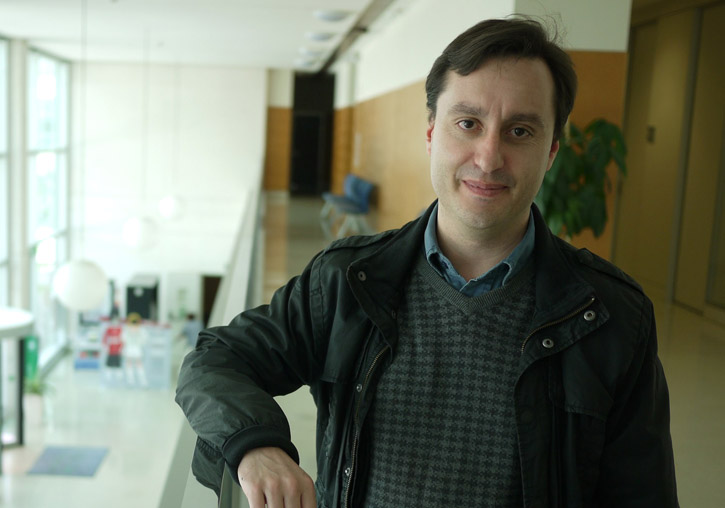
A group of researchers led by Joaquim Rius-Ulldemolins, professor of the Department of Sociology and Social Anthropology at the University of Valencia, analyses how since 2008 the cultural centralisation of the country has increased and, consequently, have increased the inequalities in cultural investment between Madrid and the rest of the autonomies and cities. In a recently published scientific article, they detail that 94% of state funds for museums go to the capital and that, of the funds for theatres and auditoriums, Madrid and Barcelona receive 89% compared to 11% in other regions.
Especially after the 2008 crisis and with the establishment of the great cultural and media industries in the capital, Madrid has centralised employment and cultural investment. The article, published in The Journal of Arts Management, Law, and Society, points out how, far from developing decentralisation in accordance with its cultural and historical diversity, the Ministry of Education and Culture (the data analysed reaches 2019) has fostered this cultural centralisation.
Therefore, Madrid has gradually become, little by little, the hegemonic city in the creative industries, deserting and emptying the rest of the territories. In the case of funds for theatres and auditoriums, of the 20 million euros invested in 2019, more than 10 went to the capital and another 7 went to the ones of Barcelona. However, the differences can also be observed between the other autonomies. In the Valencian Community, the Palau de les Arts received about 600,000 euros in 2019, while the Teatro de la Maestranza in Seville, of similar conditions, received more than 1,600,000 euros of state investment.
Joaquim Rius-Ulldemolins, also director of the Centre for Studies on Culture, Power and Identities at the University of Valencia; Vicent Flor, professor of sociology at the University of Valencia, and Juan Arturo Rubio Arostegui, researcher at the Centre for the Study of Culture, Politics and Society (CEUPS - UB), explain how cultural management in Spain was completely reformed by a rapid process of decentralisation given in the early years of democracy (1979-1985).
Thus, although there was a multicultural conception of the state that allowed the promotion of cultural initiatives to local and regional entities, there was also a very centralised Ministry of Education and Culture. That is, Spain acted as a multinational decentralised state and, in turn, as a federal nation with highly centralised cultural policies.
The work, funded by the Ministry of Innovation and Science, points out that since the 1990s there has been an increase in this cultural centralisation to the detriment of the sovereignty of the regional authorities and their use of cultural management as the political tool in some cases. This incomplete federalism has been especially present in cultural conflicts with the “historical nations” and their cultural and linguistic identity, such as Catalonia, the Basque Country or Galicia. In fact, this cultural centralisation, with Madrid as the main beneficiary, leaves aside the articulation with other autonomous communities and reduces the attention of different cultural needs of local and peripheral towns.
Article: Rius-Ulldemolins, J., Rubio Arostegui, J. A. and Flor, V. «Ministry of Cultural Re-Centralization Spanish Cultural Policy, from a Regionalized State System to Madrid’s Promotion as Hegemonic Cultural Capital (1980-2019)». The Journal of Arts Management, Law, and Society, 51:1, 53-72 (2021). https://doi.org/10.1080/10632921.2020.1851838

.jpg)







